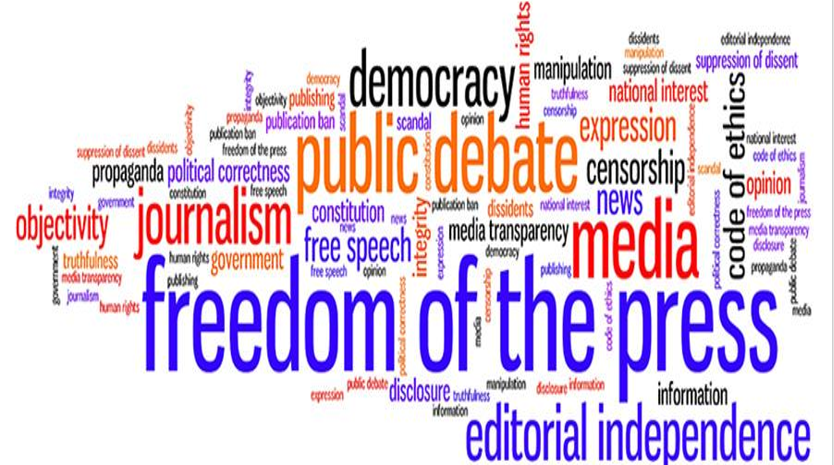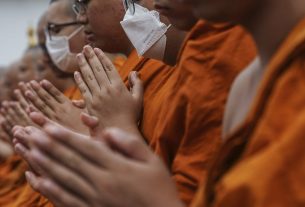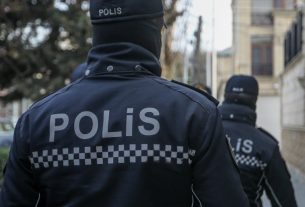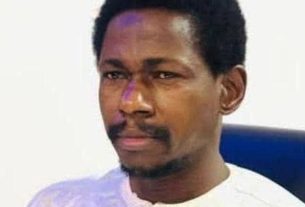The Committee to Protect Journalists (CPJ) has called on authorities in the Central African Republic (CAR) to immediately release journalist Landry Ulrich Nguéma Ngokpélé, condemning his detention and prosecution as an attack on press freedom.
Ngokpélé, editor of the newspaper Le Quotidien de Bangui, was arrested on May 8 following a report alleging the return of former president François Bozizé to the country. The CPJ reports that Ngokpélé was apprehended by an individual in civilian clothing who threatened him at gunpoint before taking him to a local gendarmerie. He was formally charged on May 19 with a series of serious offenses, including complicity in rebellion, incitement to hatred, subversion, and spreading information likely to disturb public order.
These charges were filed under Articles 11, 12, 292, 295, 381, and 382 of the CAR’s penal code, and carry potentially severe penalties, including long-term imprisonment and fines.
However, the CPJ strongly criticized the use of criminal law to prosecute a journalist for content published in a newspaper, noting that such offenses should fall under the CAR’s press law. “The charges against Landry Ulrich Nguéma Ngokpélé over a publication in his newspaper send a chilling signal across the media sector in the Central African Republic,” said Moussa Ngom, CPJ’s representative for Francophone Africa. “Authorities must secure his immediate release and ensure journalism is not criminalized.”
Despite Article 15 of the Central African Republic’s Constitution guaranteeing freedom of the press, critics argue that the arrest of Ngokpélé reflects a disturbing regression in media freedom. Press laws introduced in 2005 abolished imprisonment for libel and slander, yet criminal penalties remain for defamation, incitement to hatred, and dissemination of false information.
A group of local journalists who visited Ngokpélé in detention labeled the arrest arbitrary and said it was conducted without a warrant or adherence to legal procedure. They linked his arrest to an April 22 article mentioning the alleged presence of former President Bozizé in Bangui, the capital. Bozizé, who ruled CAR from 2003 until being ousted in 2013, has an outstanding arrest warrant from the Special Criminal Court for alleged crimes against humanity.
The arrest of Ngokpélé underscores the increasingly perilous environment for journalists in the Central African Republic, where the civil conflict that began in 2013 continues to destabilize governance and undermine human rights protections. Reporters operate under the threat of violence, legal harassment, and surveillance—conditions exacerbated by limited institutional support for press freedom.
International observers and media rights advocates are calling on the CAR government to uphold its constitutional obligations, ensure legal protections for journalists, and reaffirm its commitment to press freedom and human rights.



